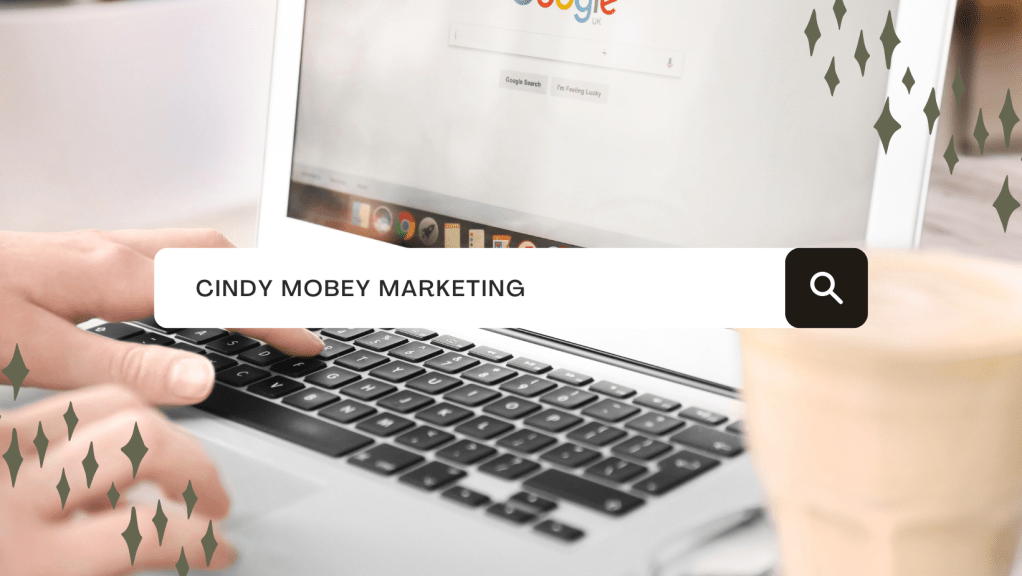In the dim and distant past, the reputation of a small business was all about word of mouth. With no internet, reputation was based on you…how you conducted business, how you interacted with your customers and how your products hit the mark. If you got a negative comment, you would soon know about it, as most businesses were local, and you then had the chance to fix it.
Nowadays, most businesses, even very small businesses, have an online presence – be it a website, social media page or advert. Because of the internet, small businesses are not limited to local business; we can sell worldwide and reach millions of people at the click of a mouse…and businesses are open 24 hours a day, seven days a week. Although this is fabulous, in that you can reach millions of potential customers, it’s harder to manage your business’s reputation. If someone has left a negative comment somewhere on the web, you won’t always see it, but it can be just as damaging as a word of mouth negative remark. So how do you manage your online reputation?
Google your name
Have you ever googled your name or business name? Try it and see what pops up…you will be surprised…when I did it, there was information about me and my business, but also various events I was involved in years ago when I was employed in the UK. Also try entering your name into google images – that surprised me too!
Every single day, thousands of people are looking online for information about businesses or just a particular person, simply by typing their name into a search engine. With information about you and your business in the public domain, managing your reputation is crucially important. It’s not difficult to manage, but it does take time.
What if you find a negative comment online about your business? You’ll probably want to remove it. If the comment is something someone has said about you on their website or blog, contact them direct and politely ask them to remove it.
Set up Google Alert
You can go into Google Alert and request that you get an email notification every time your name is published online. Simply type google.com/alerts into your browser and open the site. Type your name or business name into the search box. Choose ‘show options’ to narrow the search to a specific language/source/region. Then select ‘create alert’ – you can choose to have alerts sent to you daily or weekly…and you can cancel at any time. I’m doing it for a month just out of interest to see who searches my name…could be interesting!
Be active on Social Media
Not all of us want to do this or have time to, but it is worth joining a few social networks – even if you just use them to fully fill out the profile pages. You don’t have to be completely active on them all the time, but if you add content once a month, this can help your online reputation. As well as the usual sites, such as Facebook, LinkedIn, Twitter and Instagram, there is also Tumblr, Pinterest and YouTube, which are great channels to be a part of. I belong to a few of them, but am mainly active on Facebook, LinkedIn, Pinterest and YouTube. One of my goals for this year is to be more active on these and a couple of other sites…even if only adding the odd article or adding a comment to something and why it is interesting to me.
If you do go onto new sites, fill out as much information as you can, especially your name – make sure you use your full name, not nicknames.
It’s also very important too, that if you do set up social media sites and potential customers contact you or ask questions, that you reply promptly. If you’re on social media sites, people expect you to be sociable! By posting regularly, asking questions, answering questions and giving advice, you’ll be engaging with people and eventually you will find you have a good and lasting relationship with your audience.
Be careful about what you post
There are times when we all take photos on a night out and post them to Facebook … but be wary of doing this as it could seriously affect your business reputation. The problem with social media is that other people can take photos of you and post them without your permission. If you do post pictures, remember to put a privacy setting on them so only your friends can see them. There is still a problem with this as social media sites are always changing their rules and regulations, so you can’t be sure that privacy settings are really private…or will be in future. I always used to tell my children when they were teenagers – don’t post anything that you wouldn’t mind your grandparents seeing or, for that matter, the whole wide world! After all, it is the World Wide Web!
If someone does post an embarrassing photo of you and ‘tags’ you in it, you can remove that tag … and there is nothing stopping you from contacting the person who has posted it and asking them to remove it.
Encourage reviews
The upside to having an online presence, such as a website or blog, is that you can encourage reviews of your products and services. This is great for your reputation as those that love what you do tell the world about it when they write a good review. However, there will always be the odd person who will give you a bad review or say something negative about you or your business. This is not necessarily a bad thing; the knee jerk reaction is to delete negative comments, but in reality, if you can address the problem publicly, taking a proactive approach, apologising if necessary and offering alternative products or solutions…or asking the person making the comment to suggest how you can address the problem. Often, this shows you listen to your customers and take action, which can only show you in good light. The worst thing you can do is to ignore it and hope it will go away, or delete it. My advice would be to always reply and try and address any issues. Often this turns a negative into a positive.
If you don’t monitor and actively improve your online reputation, you are missing an ideal opportunity to grow your brand, earn respect from your customers and hopefully build your business.
I hope this article has helped address some of the issues around managing your online reputation. If you have any other tips, please let me know – what would you add to this list?







 OK, so you’ve tested whether you can be found, you’ve registered your business to make it easier to be found in search engines. Now you need to look at your website and ensure you have the right keywords and phrases in place.
OK, so you’ve tested whether you can be found, you’ve registered your business to make it easier to be found in search engines. Now you need to look at your website and ensure you have the right keywords and phrases in place.